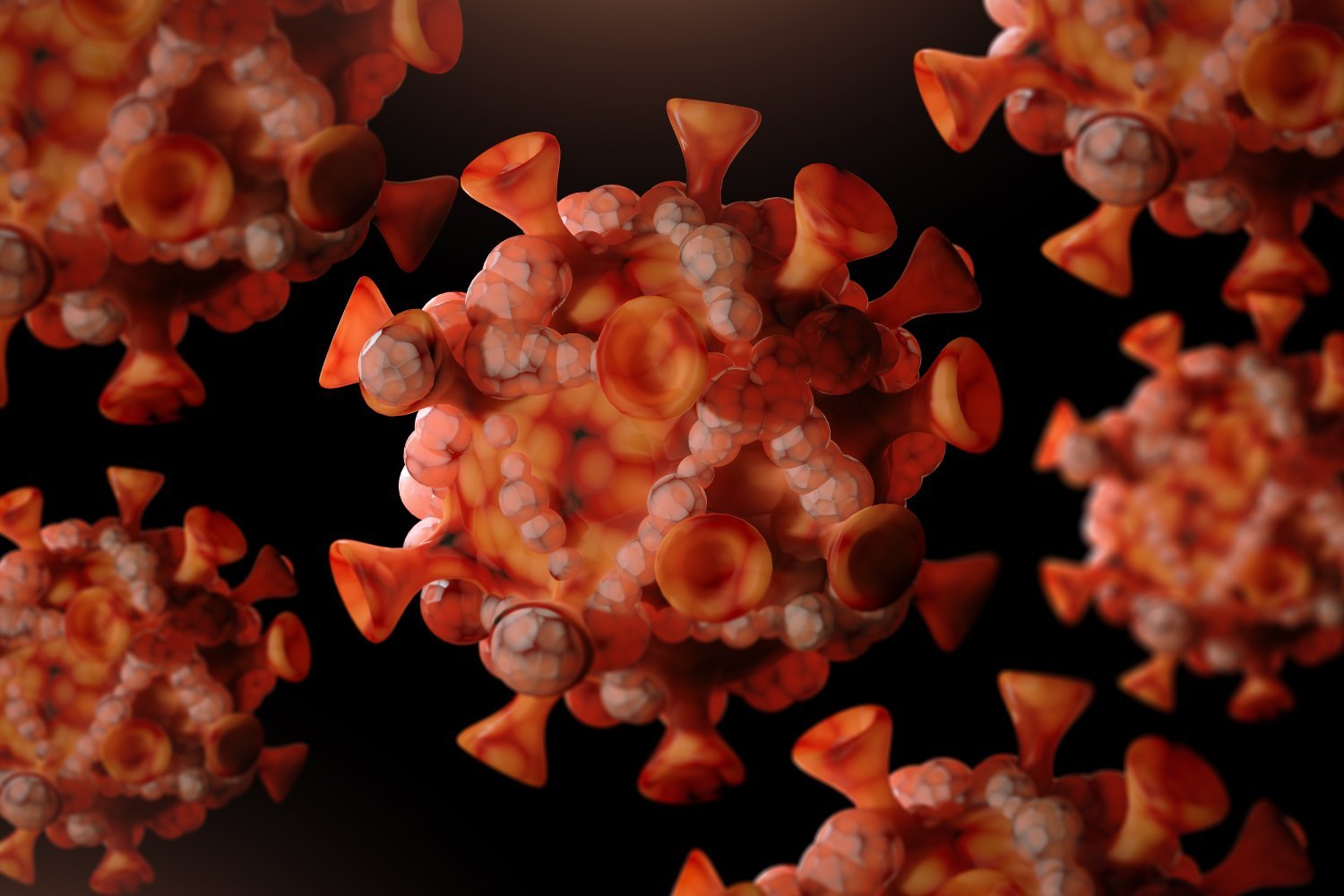Cordyceps militaris, a parasitic fungus known for its use in traditional Chinese medicine, may hold the key to disrupting tumor cell growth. Researchers at the University of Nottingham’s School of Pharmacy have investigated the potential of cordycepin, a compound produced by the fungus, in combating cancer.
This brightly-colored fungus, a relative of other fungi known for mind-controlling abilities, has been the subject of research regarding its anti-inflammatory and potential anti-cancer properties. This new research delves into the mechanisms by which cordycepin may target cancer’s vulnerabilities.
The research team analyzed cordycepin’s impact on thousands of genes across various cell lines. Their analysis revealed that the compound primarily disrupts pathways responsible for cell growth. Specifically, they identified cordycepin triphosphate, a metabolic byproduct similar to the cellular energy source adenosine triphosphate (ATP), as the key player in this growth inhibition.
Published in FEBS Letters, the findings suggest that cordycepin, or synthetically derived versions, could potentially suppress cancer cell growth. The research team also developed techniques to study cordycepin’s activity within cells, which could prove valuable for future research on this compound.
“We have been researching the effects of cordycepin on a range of diseases for a number of years, and with each step, we get closer to understanding how it could be used as an effective treatment,” stated study researcher Cornelia de Moor. “Our data confirms that cordycepin is a good starting point for novel cancer medicines and explains its beneficial effects.”
Further research is needed to fully understand cordycepin’s interactions within cells, including identifying the specific molecules it targets to affect growth. However, the newly developed techniques for studying cordycepin’s activity within cells offer a promising avenue for future research. These techniques allow for the identification of specific genes activated by the compound, which can help researchers measure cordycepin’s effects on patient blood cells, for example.
Derivatives of cordycepin are already undergoing human trials as a cancer treatment, showing early promising results. The striking Cordyceps militaris fungus, though seemingly menacing in appearance, may soon become a significant contributor to human health. The future of cordycepin as a cancer treatment looks bright, and continued research promises to unlock its full potential in the fight against this devastating disease.











